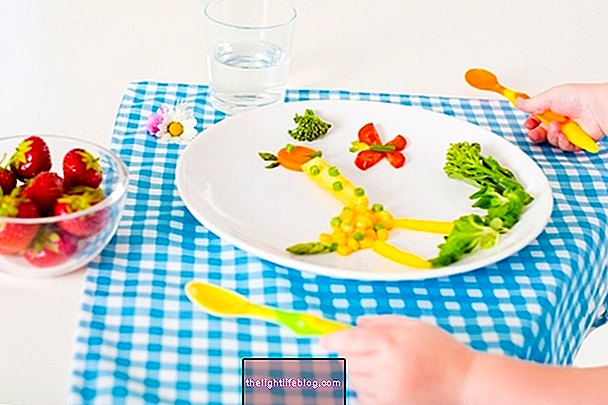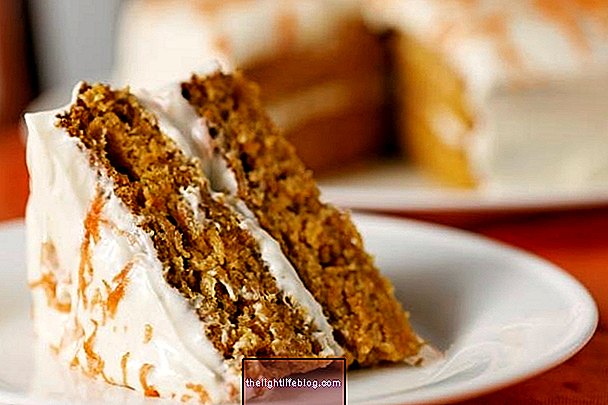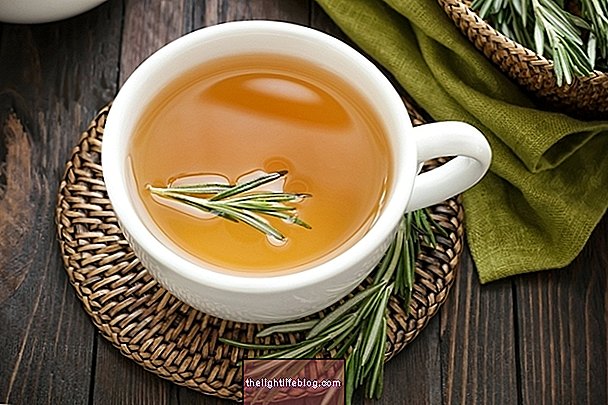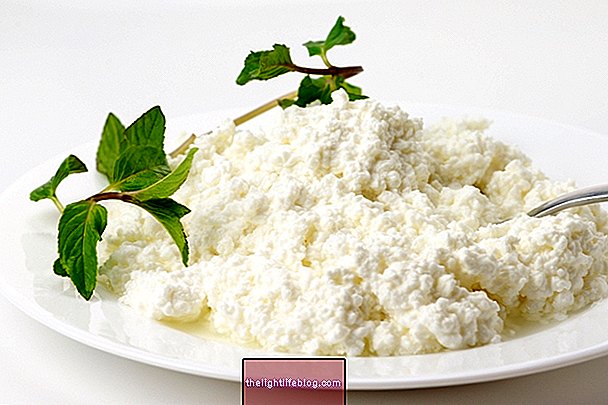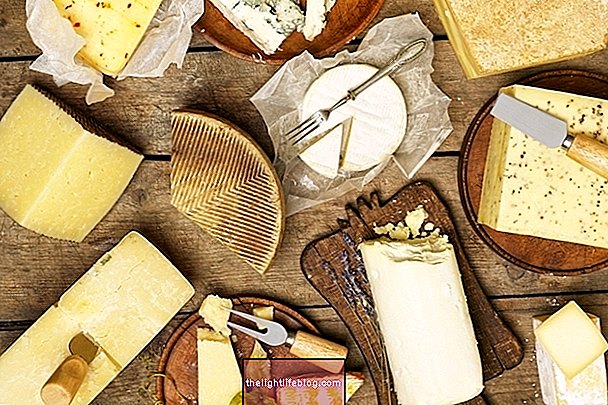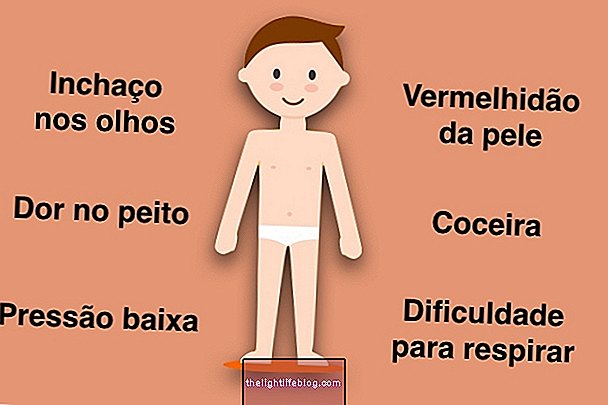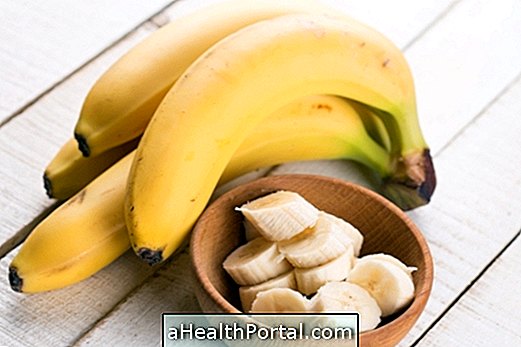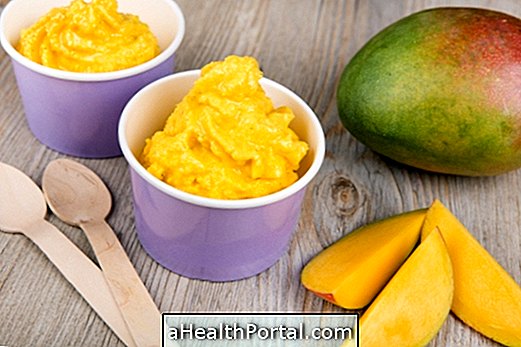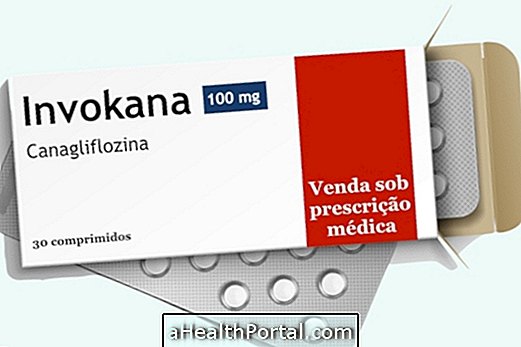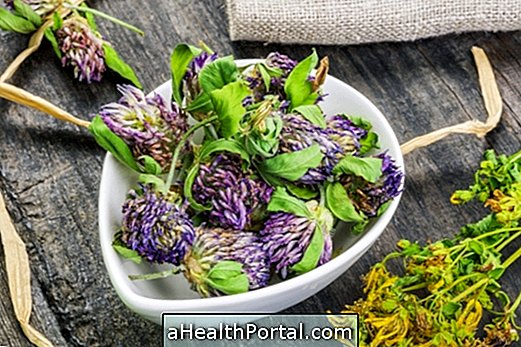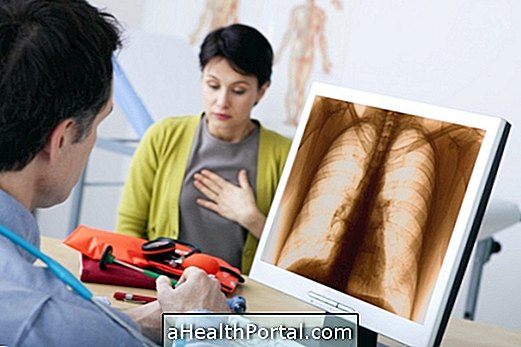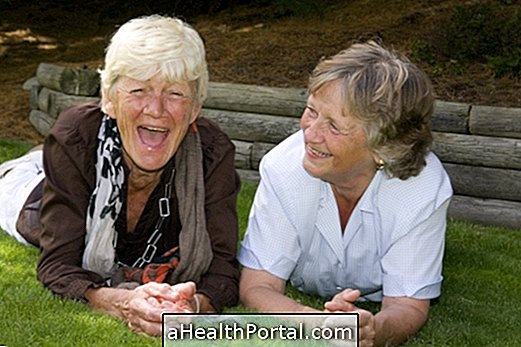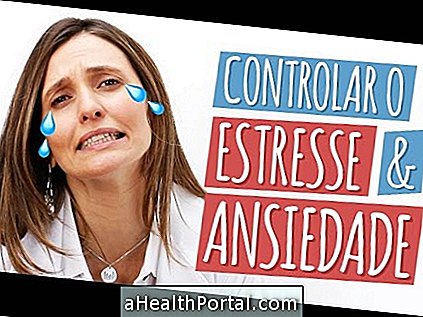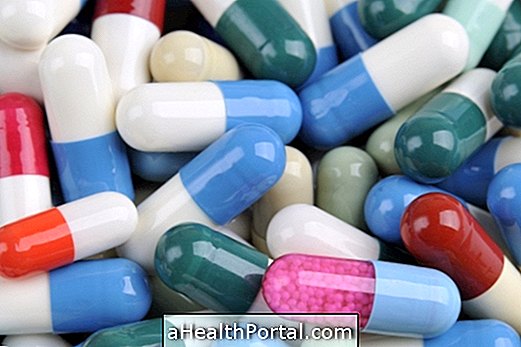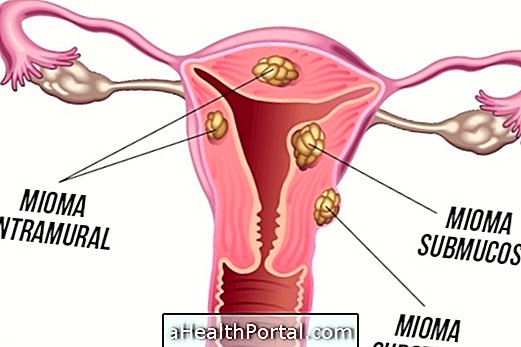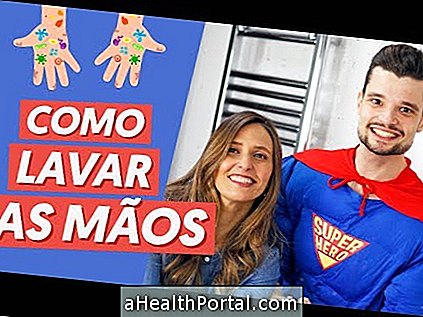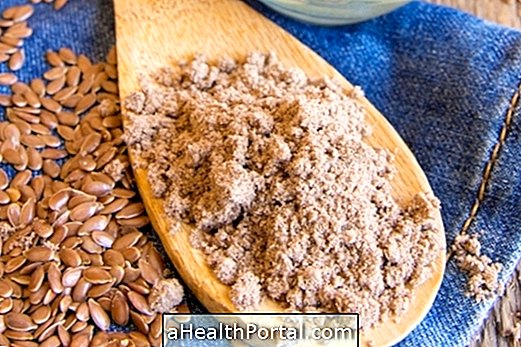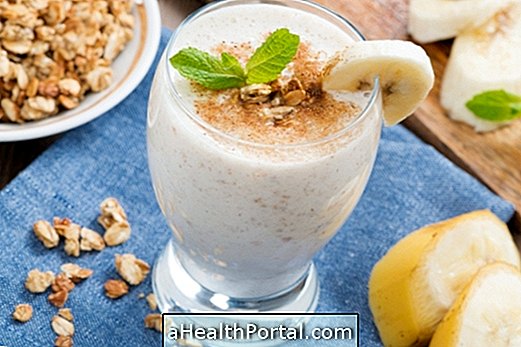During long walks it is necessary to be attentive to food and hydration so that the body has energy and regains the muscle mass used throughout the day. On pilgrimages, it is common for people to walk 20 to 35 km a day, which requires physical preparation and a balanced diet to keep pace.
It is common that during the walking period weight loss and fainting occur due to tiredness and dehydration, especially when the route is done in hot climates or when support points are lacking along the way.

Here is what food should be like during long walks:
1. Before the walk
About 3 to 4 days before starting the walk, you should increase your intake of foods rich in carbohydrates, which will increase the energy reserves located in the liver and muscle mass. Thus, carbohydrates must be included in all meals, and are represented mainly by foods such as rice, bread, pasta, tapioca, couscous, farofa, juices, fruits, potatoes and sweet potatoes.
The consumption of proteins and fats must be kept within the natural standard, and foods such as olive oil, meat, chicken or fish should be consumed for lunch and dinner, and eggs, cheeses, nuts and milk for snacks and breakfast.
2. During the walk
As the consumption of calories is very high during the walk due to the great physical effort, it is necessary to consume foods that are easy to digest and rich in carbohydrates and energy throughout the day. For this phase it is advisable to use fruits, fruit juices, sweets such as rapadura, marmalade, dark chocolate and energy drinks. In addition, you can also eat chestnuts, peanuts and cereal bars.
In addition, it is also necessary to be aware of the consumption of proteins, which will both provide energy for the exercise and recover the muscle mass that will be worn out along the way. Thus, breakfast should be rich in foods such as eggs, cheese and milk, and during lunch it is necessary to have a more complete meal, preferring lean meats and only a small amount of salad, to allow a faster and more adequate digestion. Learn more about protein-rich foods.
3. After the walk
At the end of the day of walking, it is important to drink plenty of water and fluids rich in carbohydrates to help with rehydration, such as juices and vitamins. Right after the end of the physical effort, you should consume a protein cereal bar or a protein supplement to start the muscle recovery process. Another option is to have a snack with good protein sources, such as a chicken and cheese sandwich, even before dinner.
Then, dinner should be rich in carbohydrates to replenish muscle mass energy stores, and should contain foods such as rice, pasta, potatoes or manioc flour, for example. In addition, a new source of protein should be eaten, preferably chicken, lean meats or fish.

How to stay hydrated
The best way to stay hydrated is to watch for signs of thirst and always walk with water, juices or isotonic drinks in your backpack. It is recommended that men consume at least 2 liters of water per day, while women should consume at least 1.5 liters.
To avoid seasickness and discomfort due to excess fluids in the stomach, you should drink small amounts of water at intervals of at least 20 minutes. A good tip is to drink 3 to 4 glasses of water at least 4 hours before the start of the walk, to start the route well hydrated.
Use of supplements
In addition to natural foods, carbohydrate supplements in the form of gels or cereal bars rich in protein and carbohydrates can also be used, as they are easy options to carry in your backpack and use at any time of the day.
In some cases, the walker may also use nutritional powdered supplements that contain both carbohydrates and proteins, as they are easily diluted in water to be consumed during the journey.
Another option is to make your own homemade isotonic, as shown in the following video:

Was this information helpful?
Yes No
Your opinion is important! Write here how we can improve our text:
Any questions? Click here to be answered.
Email in which you want to receive a reply:
Check the confirmation email we sent you.
Your name:
Reason for visit:
--- Choose your reason --- DiseaseLive betterHelp another personGain knowledge
Are you a health professional?
NoMedicalPharmaceuticalsNurseNutritionistBiomedicalPhysiotherapistBeauticianOther
